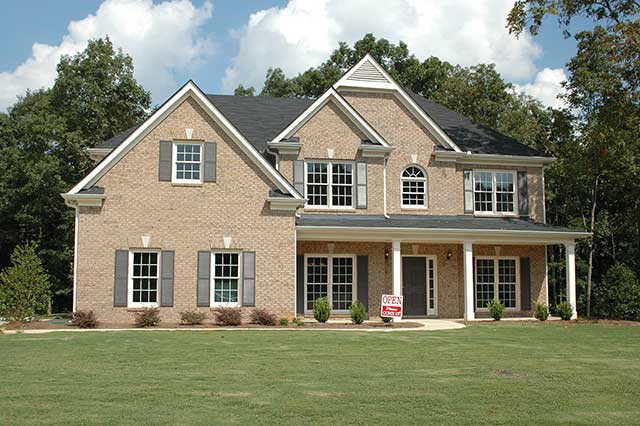 Recent research from the National Association of Realtors (NAR) outlines the importance of homeownership’s relationship with the economy, but of the social benefits it provides.
Recent research from the National Association of Realtors (NAR) outlines the importance of homeownership’s relationship with the economy, but of the social benefits it provides.
NAR reports, “The economic benefits of the housing market and homeownership are immense and well documented. The housing sector directly accounted for approximately 14 percent of total economic activity in 2009.”
What sorts of social benefits are provided through homeownership?
According to the study entitled, “Effects of Homeownership on Children: The Role of Neighborhood Characteristics and Family Income”, teens from households of homeownership have a higher rate of staying in school than teens from rental households. In addition, daughters of homeowners also experience a lower rate of teen pregnancy.
In terms of education, in the study, “Measuring the Benefits of Homeowning: Effects on Children,” there have been significant findings that homeownership has a strong positive effect on educational achievement.
The NAR report goes even further to show that “the average child of homeowners is significantly more likely to achieve a higher level of education and, thereby, a higher level of earnings.”
Homeowners deal daily with issues pertaining to home maintenance and financial responsibility, something NAR research shows teaches children “life management skills.”
Studies have also found that homeownership increases the amount of civic participation in a community. This is due in part to homeowners feeling that they have a higher, more permanent stake in their community and its issues.
For example, a study by Glaeser and DiPasquale found that 77 percent of homeowners said they had at some point voted in local elections, compared with 52 percent of renters.
In addition to these great social benefits, higher levels of homeownership have shown to reduce crime rates in communities. “Homeowners have a lot more to lose financially than do renters. Property crimes directly result in financial losses to the victim. Furthermore, violent non-property crimes can impact the property values of the whole neighborhood. Therefore, homeowners have more incentive to deter crime by forming and implementing voluntary crime prevention programs.” (NAR)
For more information about these studies, please visit Realtor.org.
Source: Realty Times
Tags: Community, Homeowners, Homeownership, Housing, Housing Market, NAR, National Association of Realtors, Property
Categories: Real Estate News
